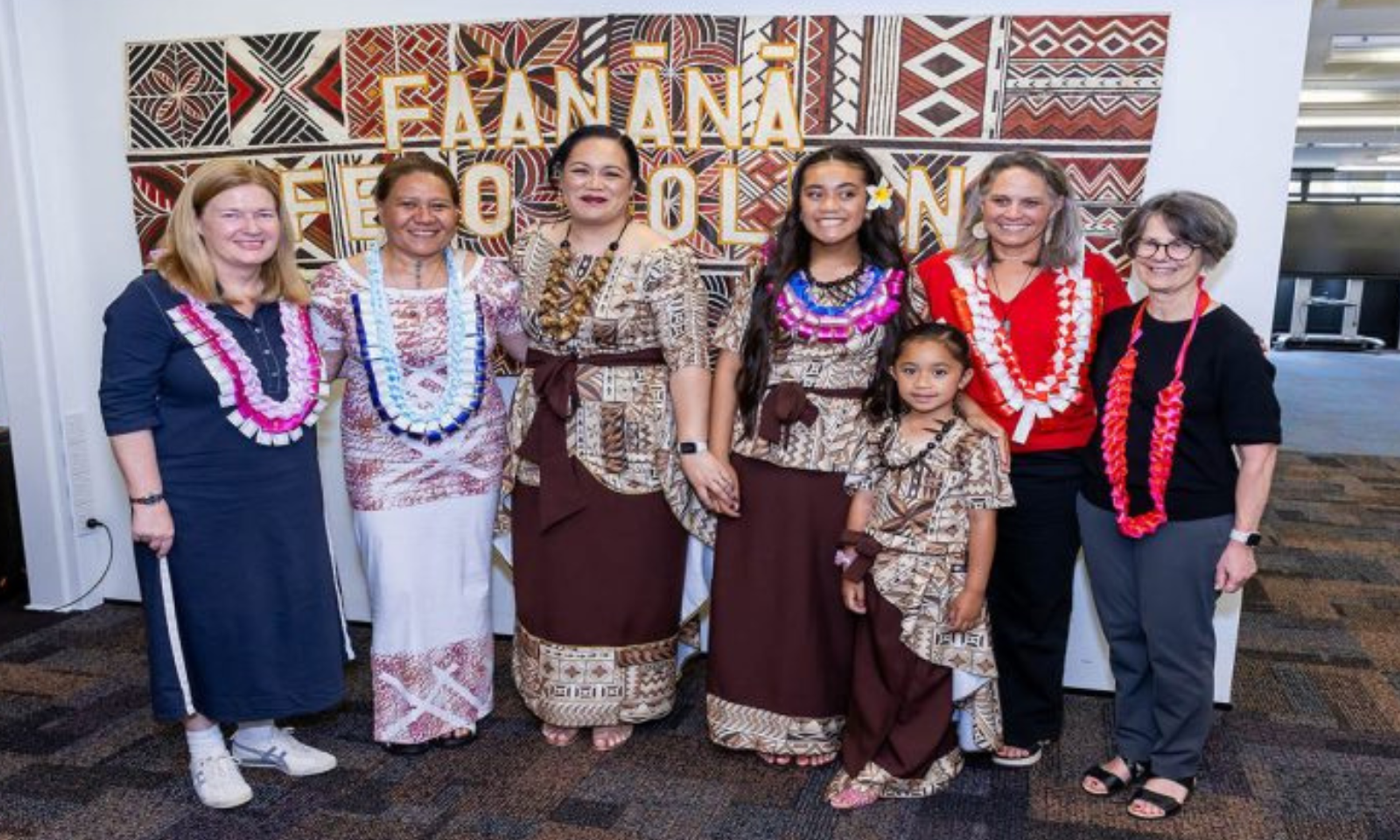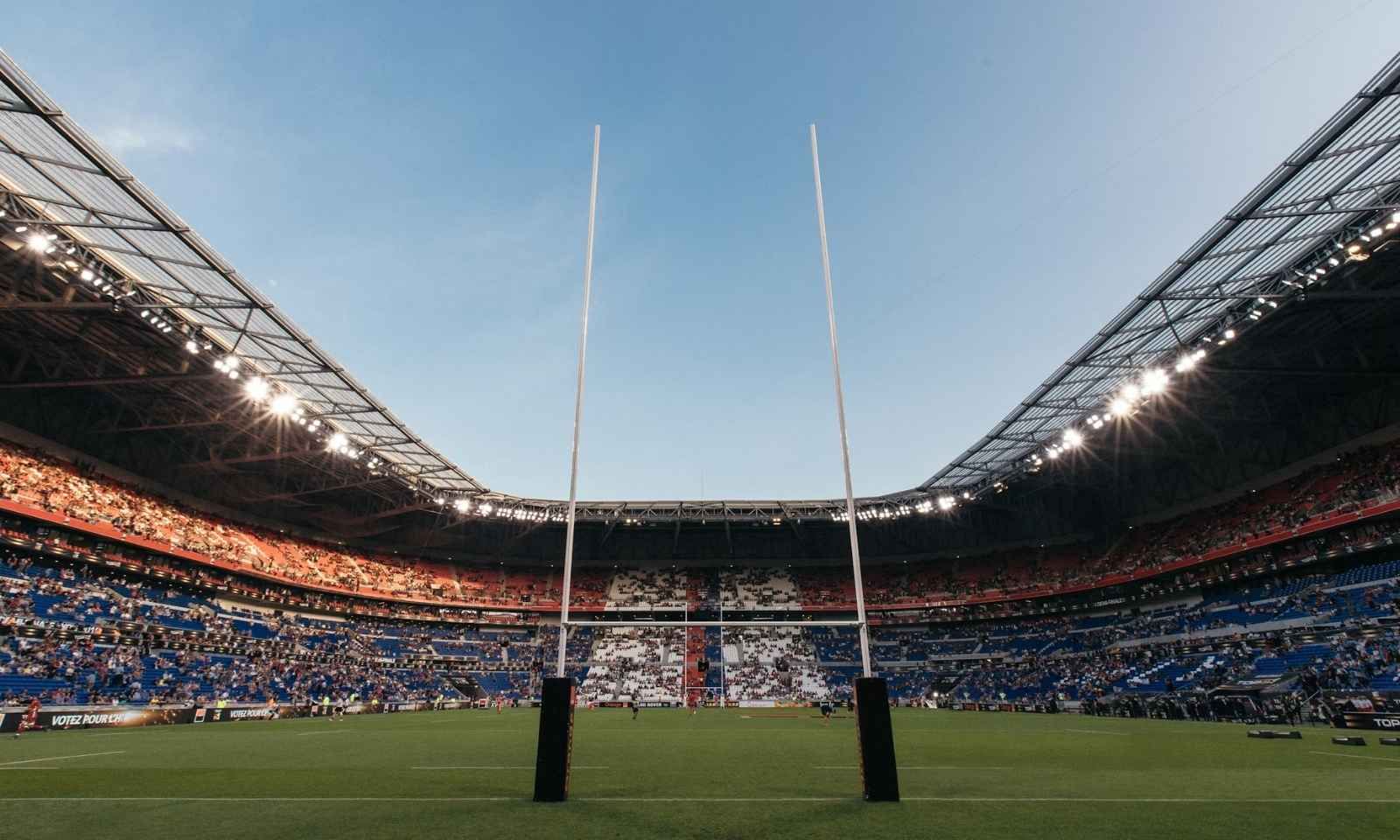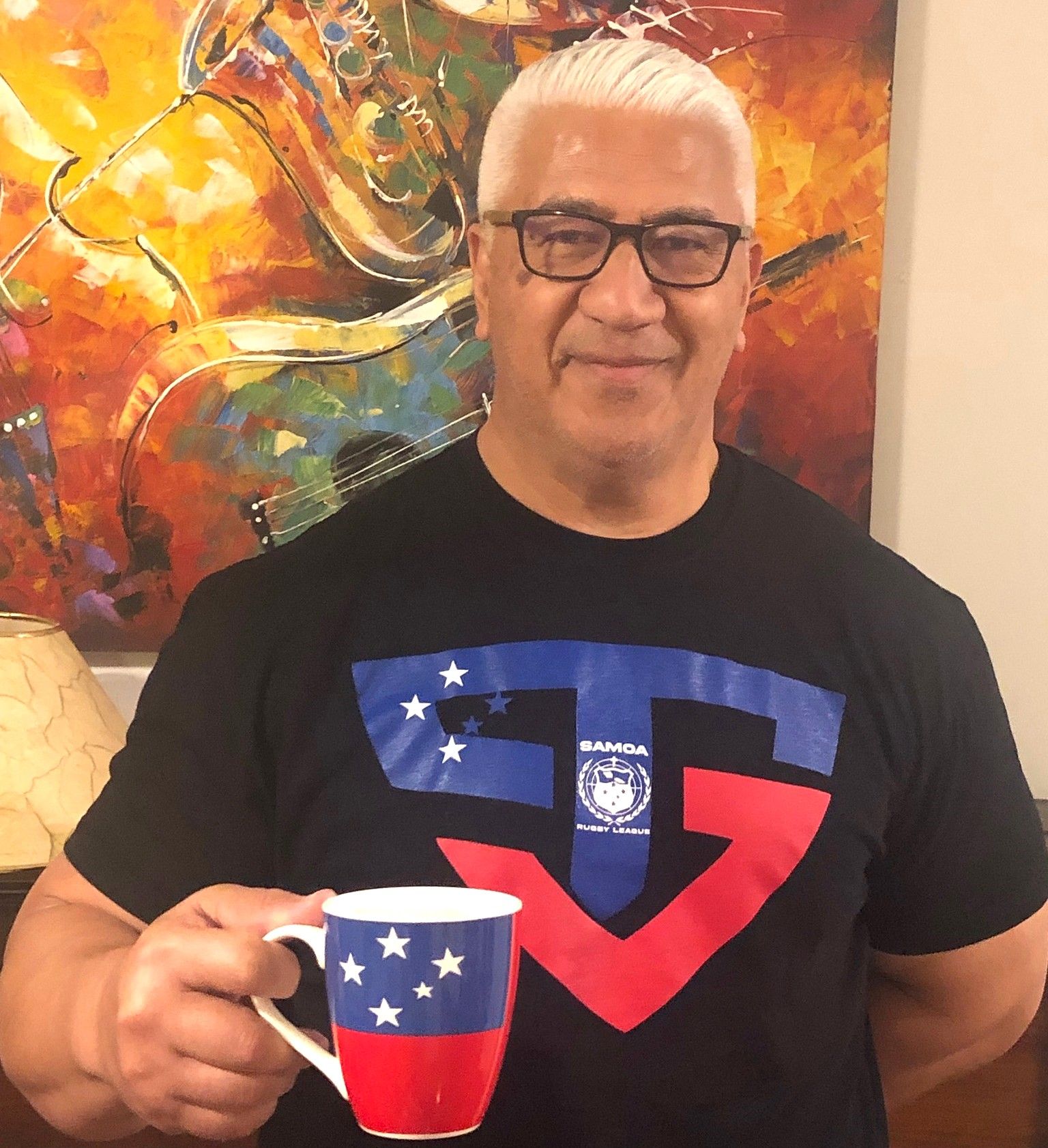

Siaosi Gavet.
Photo/Unsplash/Australian National University
Siaosi Gavet on faith, family, and preparing Pacific players for realities of the NRL
With a career spanning more than 20 years in youth development, Siaosi Gavet says adjusting expectations and intentional listening are vital for Pacific athletes navigating the path to the NRL.


Jai Opetaia drops German in brutal KO, keeps titles and calls for unification fights


Law expert: US boat strike controversy a lesson for the Pacific


Jai Opetaia drops German in brutal KO, keeps titles and calls for unification fights


Law expert: US boat strike controversy a lesson for the Pacific
Drawing on decades of coaching and community service, Siaosi Gavet has built his life around mentoring Pacific youth, wisdom he will bring into his new role as a- National Rugby League (NRL) player agent.
Born and raised in Aotearoa New Zealand to parents from Sāmoa, Gavet graduated with a Master of Arts (Honours) in Youth Development from AUT University. He has worked with Māori and Pacific youth for over two decades, beginning in the education sector before moving into mentoring and sports agency work.
Speaking with Pacific Huddle host Tuilagi William Leolahi, Gavet says his journey into coaching began on the sidelines of his son’s rugby games in West Auckland. Dissatisfied with the coaching he saw, Gavet decided to step in.
He began with junior grades in Avondale before taking on roles at Ponsonby Rugby Union Club. Gavet says his off-field influence was a key aspect, as it helped him connect with the families of the players.
“There were some solo parents, uncles and grandmothers, where some of the kids didn't have that parental relationship with their dad. It started from there, then I started getting comments from parents saying, ‘you've got a real knack for working with young people’.
“You can see that [the players] really embraced the way that I care for them. That kind of started my journey with youth,” he says.
Gavet also began working with friends of the players who were not athletes but needed support This broadened his focus from rugby union into rugby league and basketball in West Auckland, before evolving into a wider mission of youth development
Listen to Siaosi Gavet’s full interview below.
Gavet says that fatherhood and coaching overlap, as both roles require patience, nurturing, and guidance.
“Being the person who runs around for them, but also nurturing their siblings and being gentle and kind to their mum or caregiver if there is one. Not all coaches or not all fathers are coaches, but they are in the sense of when they pick up that paternal role.”
His current focus as an NRL agent centres on preparing Pacific athletes for the realities of moving abroad. Gavet stresses that many arrive in Australia underprepared for life outside the game, from transport systems to discipline and punctuality.

Gavet says that fatherhood and coaching overlap, as both roles require patience, nurturing, and guidance. Photo/Unsplash
He adds that families often expect quick financial rewards, which can create pressure. Gavet explains that both players and families must adjust expectations, as it often takes three to five years to break into the NRL system.
“Very rarely you'll get a young person who leaves here and debuts the following year. It is a medium to long journey and the support needs to happen from this side of the Tasman. Unfortunately, there are these pressures that are imposed on them by families who think that they could get some sort of kickback in terms of financial gain.”
From coaching to mentoring, one lesson has anchored Gavet’s work: listening. He says the ability to listen “intently and genuinely” - especially to youth - is an attribute not common nowadays.

Gavet says nowadays the situations that young people face are complex. Photo/Facebook
He says mentors often believe they have all the answers for various reasons, ranging from their own experience or following the experience of someone older. But he contests this approach, saying “they don’t know what that young person has gone through”.
“Nowadays the situations that our young people face are so complex. It's just so important to listen intently so that you can begin to get a spark of opening up a relationship with them. [Youth] don't shut down, they just never open up.
“That's something that I’ve been guilty of, thankfully not too many times. I have seen that in my two-plus decades that I've worked with young people in Pacific communities and Māori as well.
“That's the biggest thing that I can tell people who are looking to work with people. Hear them and when you can do that, then you can have a two-way conversation with them. It builds on trust and all of the things that you want to happen from a relationship but you can't do that unless you hear them, their heart and their direction.”